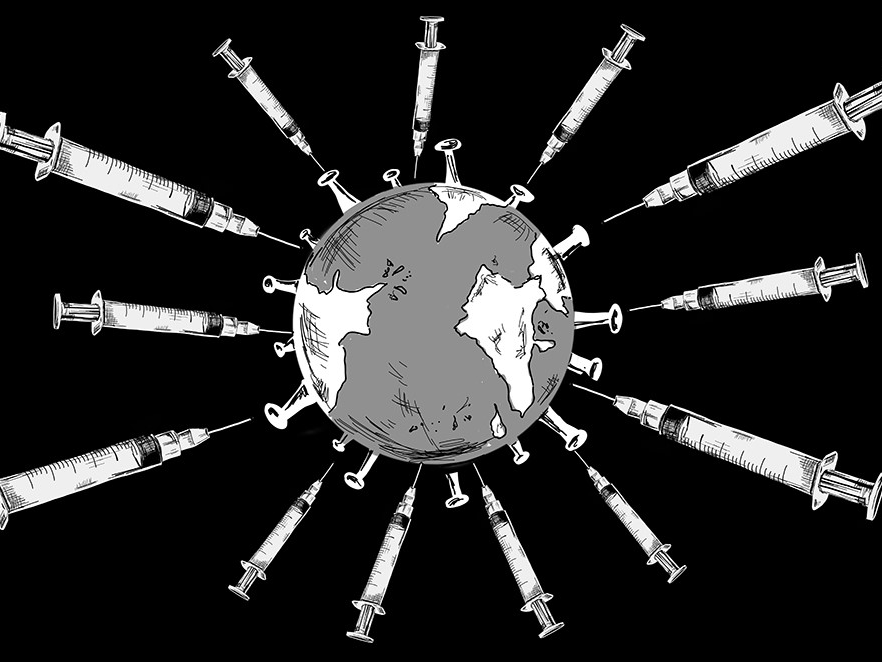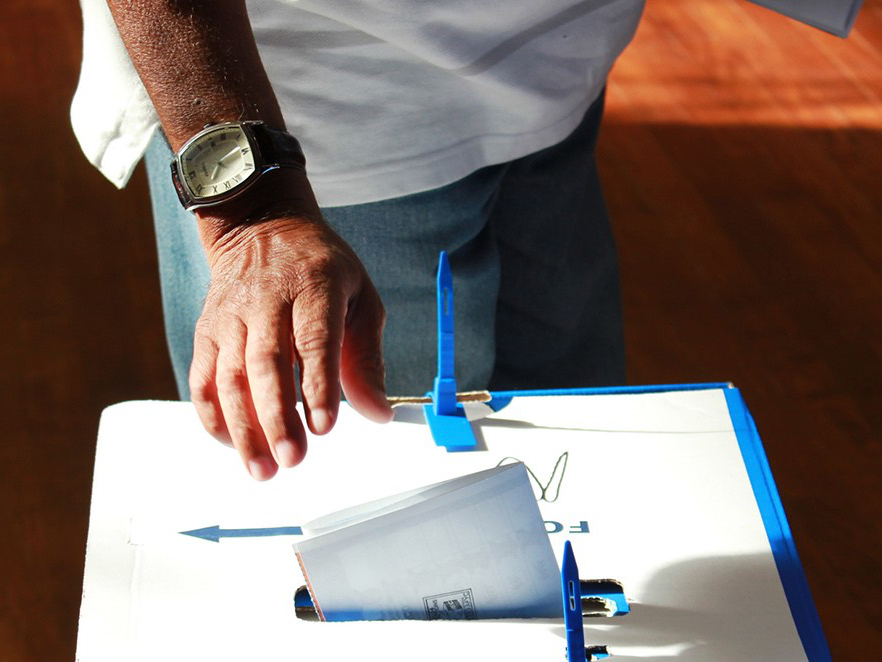Back to normal? Signs of recovery at Bellagio as China resumes business
While the rest of the world is in the midst of the most difficult period of the global pandemic of COVID-19, China is eager to get back to business.
Most businesses have gradually returned to full force since mid-March across the country. Wuhan – epidemic “Ground Zero” – was the last city to relax its strict lockdown measures on 8 April after 76 days of lockdown, with more than 7000 people flying out of Wuhan city on that day.
On the streets of Shanghai and Beijing, traffic jams have reappeared at rush hour, and people have cautiously started to take on business trips again, though preferably only intra-city, and they are still cautious on air travel.
There is guarded optimism on the streets of China’s major cities, as we seem to have won the battle with COVID-19. But concern remains with the danger of a “second wave” potentially coming from returning Chinese.
On 10 April, one flight from Russia landed in Shanghai with 204 passengers, among which 60 were tested to be positive with Coronavirus. China is implementing mandatory testing on all international arrivals.
Our Private Equity portfolio companies have all resumed operations. Bellagio, a casual dining restaurant chain hard hit, along with the entire restaurant sector, saw an immediate rebound in demand from customers desperate to avoid any more home cooking. VSD, a medical consumable company in wound care, located in Wuhan where COVID–19 started to spread, was the last to resume operations.
RGB, a textile printing and dyeing business, continued to be impacted as most of its sales are to international markets which are in lockdown. Our biscuit business, JSL, benefited as lockdown led to biscuit gorging. Construction work at all the logistics warehouses and data centre projects in China under Actis’ real estate portfolio resumed by early April.
The Chinese central bank has injected massive liquidity to soften the blow to the economy. Many Private Equity and special situation funds are also actively looking for distressed opportunities in China. At the same time, lawyers are for the first time determining how to apply Force Majeure for clients who wish to pull out of deals agreed before January.






